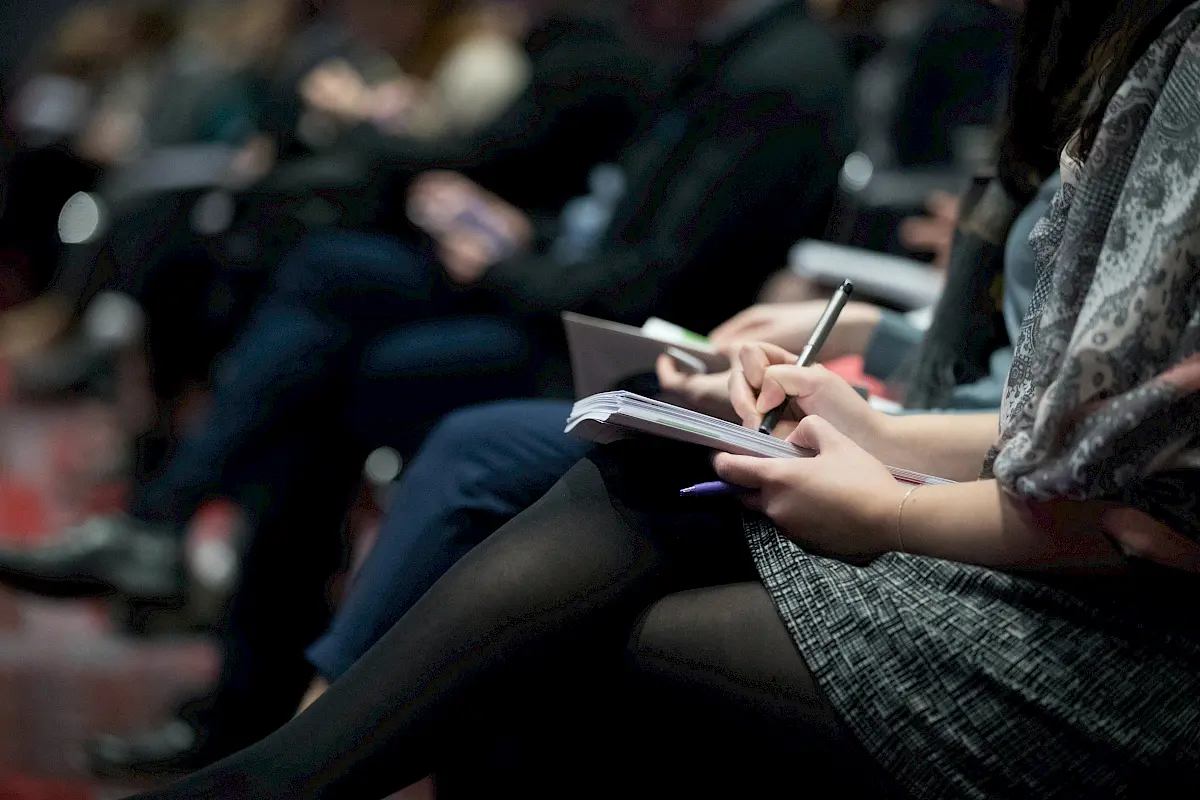COVID-19 has severely shaken the European Union. How can the EU gain more autonomy in an ever-changing world order, especially when it comes to international supply chains and health security? To what extent can EU member states reconcile national sovereignty and the pursuit of multilateral solutions? How can a liberal market economy be reconciled with greater European economic self-reliance? What does European resilience mean and what concrete measures does the EU need to take to strengthen it? How can the EU's green objectives still be achieved in times of pandemic? In light of these questions, the twelfth German-Nordic-Baltic Forum (DNBF) was held in cooperation with the Finnish Institute of International Affairs (FIIA) in autumn 2020. The COVID-19 pandemic not only guided the choice of topics, but also the format of the forum. Under the heading "2020 as a Stress Test for the European Union: Challenges in Times of the COVID-19 Pandemic", more than 40 experts from politics, ministries and administration (so-called "planners") as well as experts from relevant research institutions, think tanks and universities (so-called "thinkers") from the participating countries discussed current topics on the European agenda in the shadow of the pandemic. The focus was on regional issues in politics, economy and society, but also and above all on European issues with a view to perspectives of cooperation in Europe and to the commonalities and differences from the respective national perspectives. The dialogue between planners and thinkers made it possible to sharpen the understanding of the respective positions and views, to communicate German European policy and to develop possible common strategies.
In this sense, the twelfth DNBF continued the successful tradition of a multilateral exchange even if it had to be shifted entirely into virtual space. To this end, it was structured into three distinct events on October 27 and 28, 2020, and December 2, 2020.
On October 27, 2020, the Forum was opened by two public speeches by the Finnish Minister for European Affairs Tytti Tuppurainen and the German Minister of State for Europe at the Federal Foreign Office Michael Roth, followed by a debate with more than 100 young scientists, students, and thinkers and planners.
On October 28, 2020, a total of 30 thinkers came together in a "thinkers brainstorm" for particularly intensive discussions in three different parallel virtual working groups. After the opening by Sebastian Groth, Head of the Planning Staff at the German Foreign Office, and his counterpart in Finland, Sini Paukkunen, the participants discussed four current and highly relevant topics that had also been discussed during the opening discussion the previous day: The European Green Deal; the EU and multilateralism; the EU's resilience; and its economic reconstruction through the Next Generation EU program. In doing so, they agreed on a list of relevant and concrete challenges for the future of the EU in the stress test Corona year 2020.
Then, on December 2, 2020, 24 Thinkers and 24 Planners met digitally to discuss the four topics again in four parallel virtual sessions in a solution-oriented manner. Short input statements from representatives of the planning staffs and ministries from the participating countries were a source of inspiration.
The debates on the four cross-cutting themes provided the basis for the elaboration of specific policy recommendations, which were recorded in detail in a discussion paper that was continuously revised by IEP and FIIA during the forum.
Downloads & sources
 Share publication
Share publication








